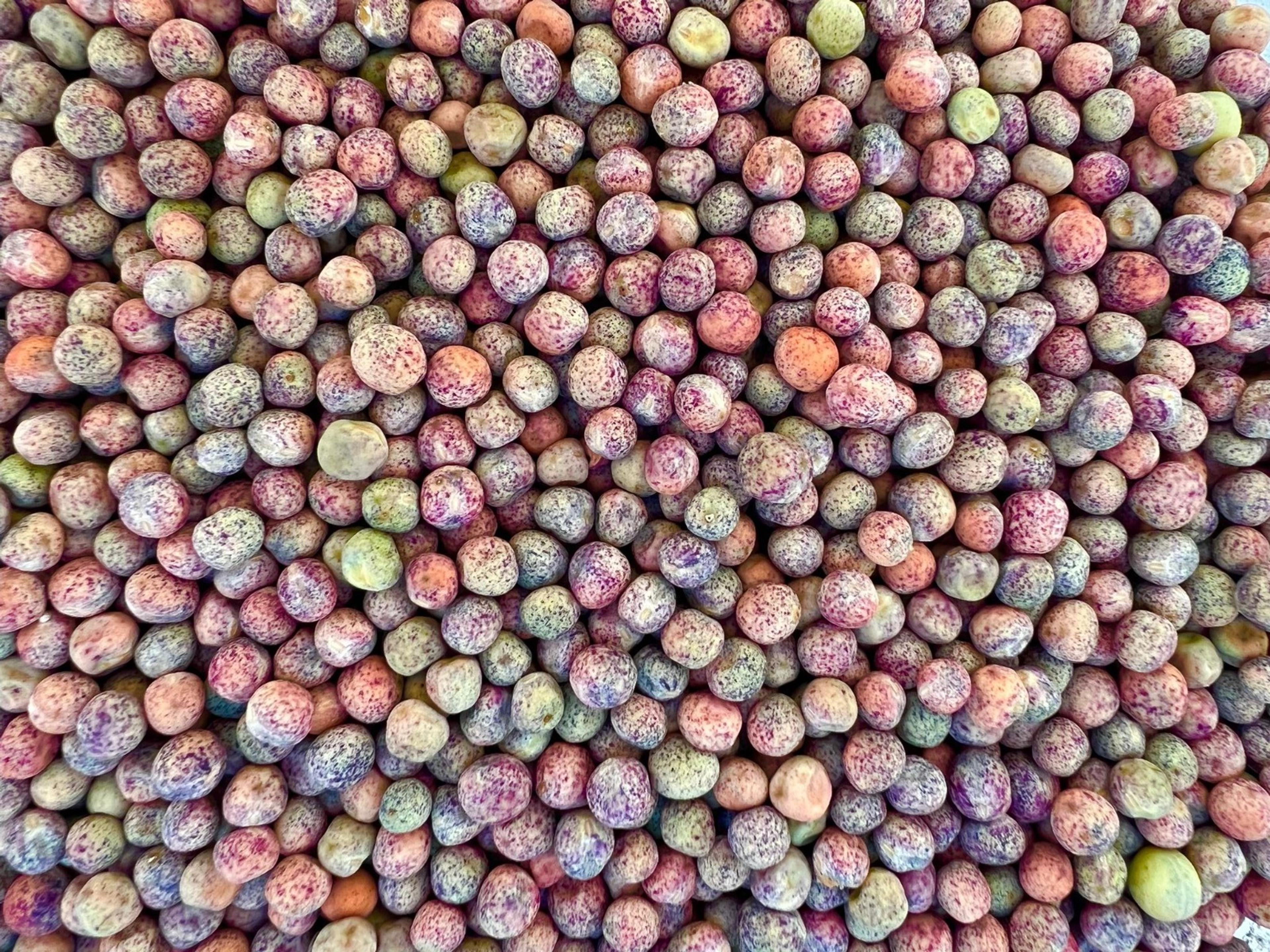
CLIMAVORE x Jameel at RCA reimagines foodways for drylands and wetlands in the climate crisis. It advances ecological networks to produce new knowledge and action towards spatial justice. Started in 2023, it consists of two 3-year long research projects: Water Buffalo Commons and Monoculture Meltdown.
Water Buffalo Commons
On the outskirts of Istanbul, inland wetlands are home to water buffalo, their herders, and a host of species that depend on them. Knowledge brought from across Thrace by Bulgarian herders in Ottoman times and Turks exiled from Greece after the 1923 population exchange used buffalo milk as an essential ingredient in yogurt, kaymak and sütlaç. Since 2013, the region has been encroached upon by hyper-scale constructions and plans to dig a new shipping canal to overpass the ones in Panama and Suez, threatening to transform the rich ecologies stretching between the Black Sea and the Sea of Marmara. Located in the lands of the buffalo, these megaprojects have rezoned the area from rural to urban, draining the wetlands and fragmenting the grazing commons as a side-effect. Through the study of metabolic interactions across species, the project celebrates and preserves the food and ecological heritage of the wetlands, herders and their pastoralist ways of life.
You can taste the wetlands at Çamuralem, an installation and space at the core of the Istanbul Wetlands Station. Run in collaboration with Ek Biç Ye Iç, Çamuralem regularly serves desserts made with produce from the herders in Istanbul's Kurtuluş neighbourhood. Stay tuned for the next edition of the Manda Festivali (Water Buffalo Festival).

Monoculture Meltdown
Over centuries, complex technologies have been developed to squeeze every last drop of water from the terrain—from systems of tunnels and cisterns, to terraces that channel and retain water or air humidity. Places like Pantelleria, an island between Sicily and Tunisia without any freshwater sources, developed dry irrigation techniques by building gardens with dry-stone walls. These systems consisted of microclimates to “water without water,” which ultimately emancipated orange and lemon trees from water-dependency. As the heat frontier moves, increasing labour exploitation of North African and Eastern European workers continues to be driven by access to water for harvesting ‘affordable’ tomatoes, grapes and blood oranges. Through the study of dryland microclimates across the Mediterranean, the project experiments with alternative farming methods in drought conditions, seeking to diversify modern seed dependencies and move away from monoculture crops that are failing to cope with climatic changes.
You can read here about the first CLIMAVORE Assembly in Rome, 27–29 October 2023.

